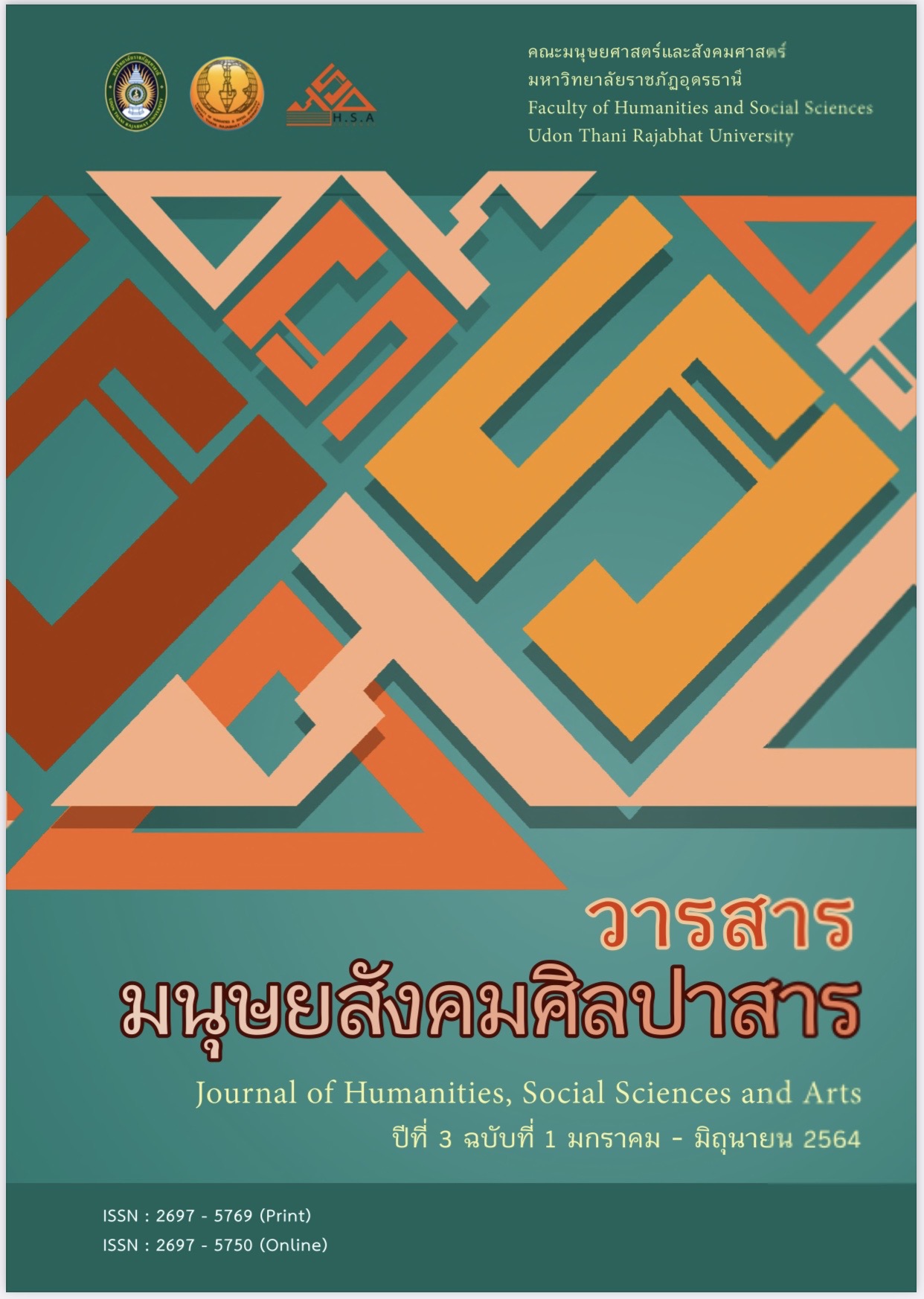Thai Accounting Students' Opinions on the Use of Quizlet Vocabulary Learning Program
Main Article Content
Abstract
The purpose of this research was to survey Thai accounting students' opinions on the use of Quizlet vocabulary learning program. The participants in this study were 136 accounting students from Faculty of Management Science who enrolled in English for Accountants course in the second semester of the academic year 2019 of Buriram Rajabhat University, Thailand. Online questionnaire with five point Likert scale was used for data collection. The collected data were analyzed by using percentage, mean, and Standard Deviation. The results showed that there were many benefits when the program was utilized in the course because the students viewed that the students enjoyed themselves when using this program and they can learn vocabulary effectively through this program (4.57); they can learn vocabulary both inside and outside the classroom (4.55); they can learn vocabulary as many times as they can (4.54); they can test their vocabulary knowledge, check their answers, and get the real-time feedback; they can learn vocabulary from many features provided in the program, so they are not bored; and they can memorize vocabulary from the program better than those they have written in their notebooks (4.52); and with the program, they can engage in their learning more (4.51). The results of the study can be used in the course design when choosing the online tools to support the students’ learning, especially vocabulary learning.


